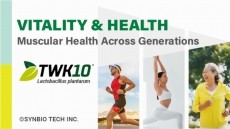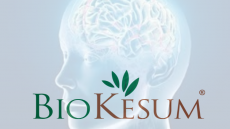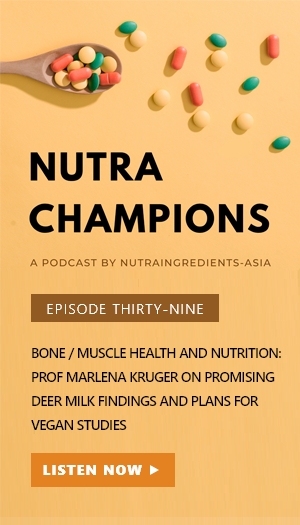Regulatory review: South Korea's vitamin C rules, China's health foods filing, and Japan's GMP in the spotlight

Probiotic regulation call: Hong Kong Consumer Council urges government to set up legislation to oversee category
The Hong Kong Consumer Council is urging the government to set up legislation to regulate dietary supplements, including probiotics, the Council announced when releasing the findings of its review of 40 commercially available probiotics products.
Its findings showed that Enterococcus faecalis – a strain which the Council said was not recommended by the Joint FAO / WHO Working Group for use as a probiotic – was used in two out of the 40 probiotics. Also, there two in three products did not meet labelling guidelines.
Referencing mainland China, the European Union, and Canada, the Council said that regulations for dietary supplements were set up in these regions, and it has urged the Hong Kong government to do the same to ensure consumer safety.
Ingredient guidelines: Korea rules vitamin C products to warn against overconsumption, kidney disease patients to consult doctors before use
Health functional Foods (HFF) containing vitamin C in Korea must now display caution statements warning consumers against overconsumption, and that kidney disease patients should consult a specialist before using the product.
The announcement from the Ministry of Food and Drug Safety (MFDS) also highlighted the need to display caution statements in HFF containing eight other raw materials.
They are banana leaf extract, ginkgo leaf extract, octacosanol-containing oil, phosphatidylserine, guar gum / guar gum hydrolyzate, theanine, natto culture, and vitamin B6.
Complementary foods in SEA: Widespread regulatory fragmentation risks confusing consumers – new review
The absence of a set of unified guidelines to provide nutrient composition and labelling requirements for all categories of commercially produced complementary foods (CPCF) in Southeast Asia risks confusing consumers, say researchers.
The seven countries studied were Indonesia, Malaysia, Thailand, Vietnam, Lao PDR, Cambodia, and the Philippines.
It found that none of them was fully aligned with the requirements of no compositional, nutritional, health, marketing, or other claims and minimum age restriction of 6 months or a maximum age restriction of 12 months for specific food categories.
China approves American ginseng, ginseng, ganoderma for health foods filing
American ginseng, ginseng, and ganoderma – also commonly known as Lingzhi, could be used for health foods filing in China starting from May 1, 2024.
With the approval, these raw materials are added to Health Food Raw Material Directory, which allow them to be made into health foods that come with health claims pre-specified by the authorities.
In this case, both ginseng and American ginseng products could claim to either “aid the strengthening of immunity” or “alleviating physical fatigue” or make both claims concurrently.
Japan to implement self-inspection and GMP guidelines for health foods businesses
Japan is to implement self-inspection and Good Manufacturing Practices (GMP) standards for companies in the health foods business, with a particular focus on tablets, capsules and liquids.
Japan’s Ministry of Health, Labour, and Welfare (MHLW) had opened the proposal for public consultation until December 21 last year and is expecting to implement the self-inspection and GMP guidelines in the second half of January.
The guidelines will be applicable to health foods made into the form of tablets, capsules, powders, and liquids via processes such as fractionation, purification using naturally derived extracts.



















